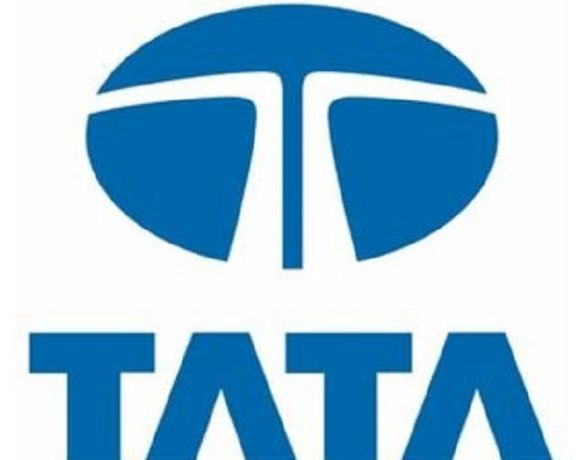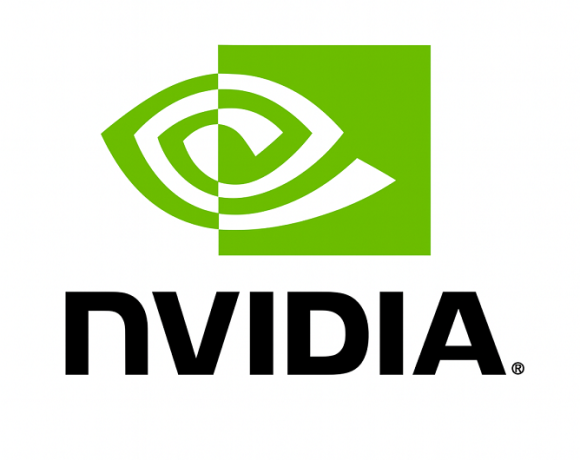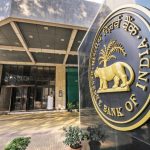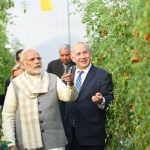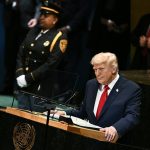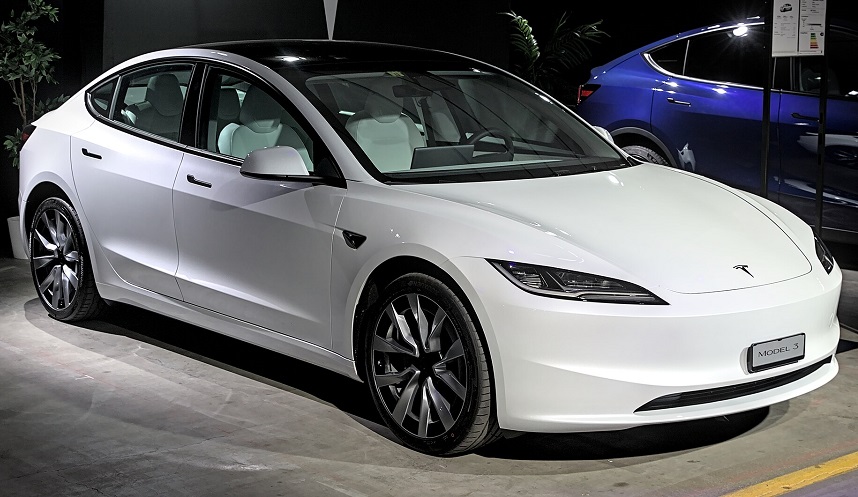
Tesla Initiates Recruitment in India Following Modi-Musk Meeting
In a significant development, Tesla Inc. has commenced hiring in India, signaling its intent to enter the Indian market. This move comes shortly after CEO Elon Musk’s meeting with Indian Prime Minister Narendra Modi in Washington, D.C., where they discussed various topics, including space, mobility, technology, and innovation.
Tesla’s Recruitment Drive in India
Tesla has posted job openings for 13 positions on its LinkedIn page, with roles spanning customer-facing and back-end operations. Positions such as service technicians and advisory roles are available in both Mumbai and Delhi, while roles like customer engagement manager and delivery operations specialist are based in Mumbai. This recruitment effort indicates Tesla’s plans to establish a presence in India’s major metropolitan areas.
Strategic Discussions Between Musk and Modi
During their meeting, Prime Minister Modi and Elon Musk explored opportunities for collaboration in emerging technologies and innovation. Modi highlighted India’s efforts toward reform and promoting ‘Minimum Government, Maximum Governance.’ The discussions also touched upon potential investments and the expansion of Tesla’s operations into the Indian market.
Overcoming Previous Hurdles
Tesla’s entry into India has faced challenges in the past, primarily due to high import duties and regulatory hurdles. However, recent policy changes, including the reduction of basic customs duty on luxury vehicles priced above $40,000 from 110% to 70%, have created a more conducive environment for Tesla’s expansion plans. These developments suggest a renewed commitment from both Tesla and the Indian government to facilitate the company’s entry into the Indian electric vehicle market.
As Tesla progresses with its recruitment and operational plans, the Indian market eagerly anticipates the company’s official entry, which could significantly impact the country’s burgeoning electric vehicle landscape.


